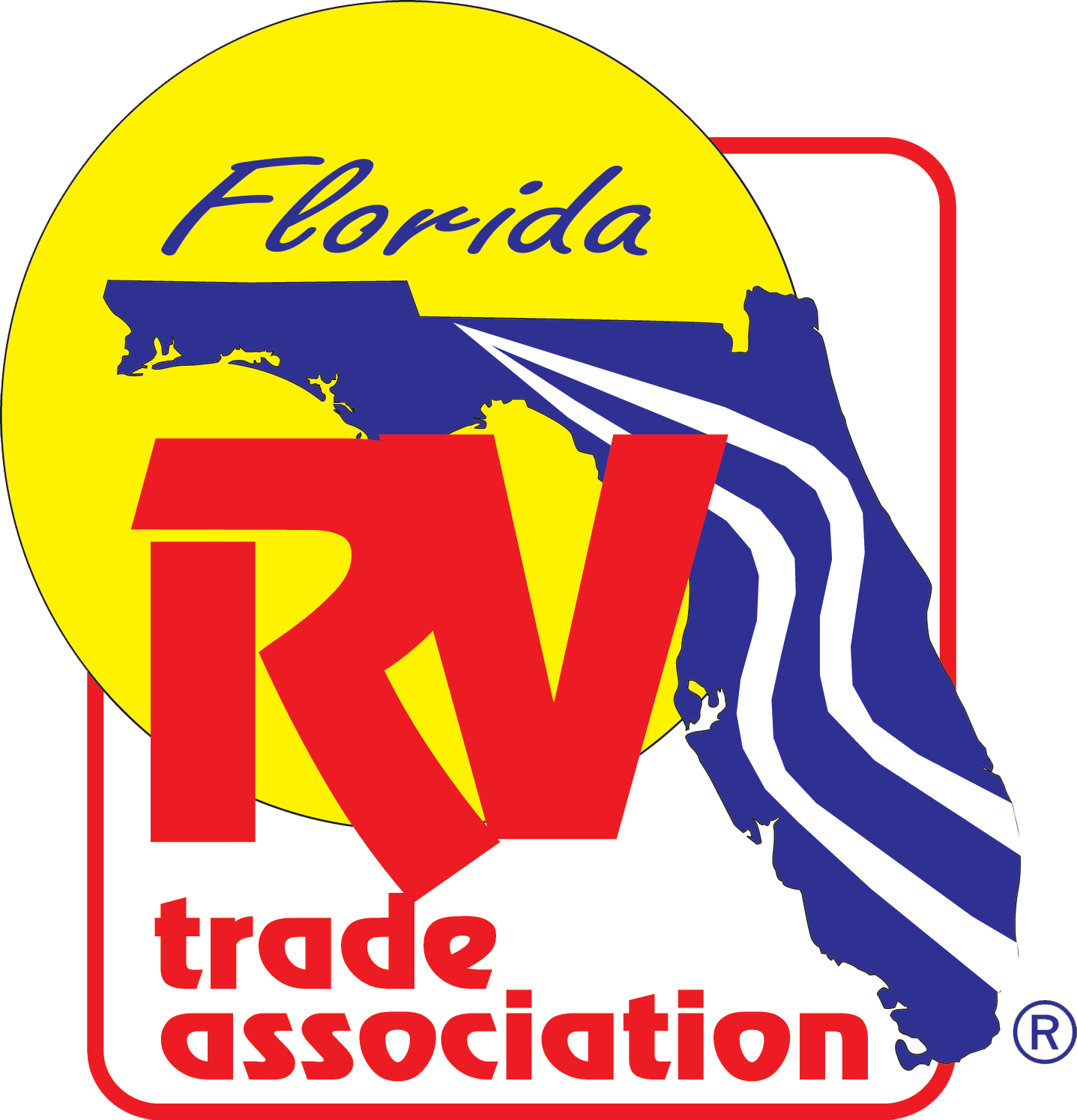Florida is known to host a large population of “snowbirds” over the winter months. Although its not the most common scenario you might have, there may be a time when, as a dealer, you are asked to take a Canadian vehicle in on trade. Can you even do that? What do you need to know?
The short answer is, yes. The long answer is, not always. Confused yet? You can take a foreign vehicle in on trade (from any country) as long as all the standards outlined by US Customs and Board Protection are met. However, the National Highway and Safety Administration permits non-resident foreign drivers to temporarily use their vehicle in the US without paying duty. These vehicles cannot be sold in the US and need to be exported within 1 year from the date of entry. Without making sure these boxes are checked, taking a foreign vehicle in on trade would be unlawful and could result in fines and forfeiture of the vehicle.
Let’s narrow the focus on this. By the time the vehicle gets to you, ready to be traded in, it needs to have been properly imported into the US. This can be done when the non-resident arrives to the US, or within one year of being here. Either way, a dealer cannot accept a vehicle unless it has been properly imported. If a customer has properly imported their vehicle, they should have a CBP Form 7501 Entry Summary issued by the Department of Homeland Security that looks like this. You’ll want to keep a copy of this document along with a copy of the Form 3520-1 and the Form HS-7 for your records showing that the vehicle has met the safety and environmental standards as required by EPA and DOT.
What happens if your customer doesn’t have all the forms that prove the vehicle is properly imported? There are really two options here depending on the circumstances when the customer came to the US. If you’re dealing with a snowbird who spends his winters in Florida and all the sudden decided to trade in his vehicle, he would have to contact the local Customs agency to obtain his Form 7501 because when he entered into the US his intentions were that he would be returning to his country with his own vehicle within 12 months. However, if your customer came to the US and planned to sell or trade in his vehicle (making this a commercial importation), he would then have to go through a broker for a formal 7501. In the event that your customer lost their paperwork or needs to obtain new copies, they will need to refer to the local Customs agency or broker respectively.
Another scenario to watch for is a member of the military who purchased a car overseas and brought it home. If they have not gone through the proper channels, you could be stuck with a car and no way to resell it. To further compound the issue, if the military member is still active, they may not be here long, and finding them can turn into a real nightmare.
Vehicle importation can be a very broad subject, so I encourage you to focus on what applies directly to you, as the dealer, when you have a foreign vehicle coming in on trade. The entire process, from start to finish, related to the importation and exportation of vehicles and extremely complex and nuanced. There are all kinds of caveats for military members, whether the car was previously exported before it was imported, does to fall into the “gas-guzzler” tax by the IRS, will the cost of modifying the vehicle outweigh the purchase price? Do you see where I’m going with this? By the time the customer comes to you ready to trade their vehicle in, they should have the required paperwork already taken care of. If they don’t, you can kindly direct them to your local Customs and Boarder Protection to help get them started. Importation isn’t something a dealer can handle on behalf of the customer. Don’t risk fines to your business and maybe losing the vehicle by allowing foreign trades without proper importation.
